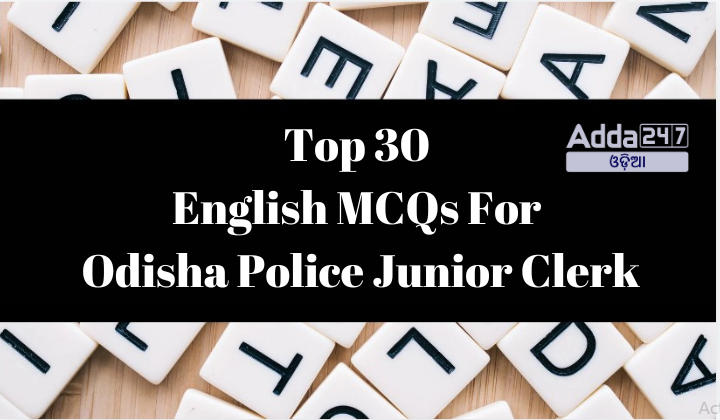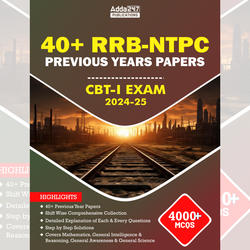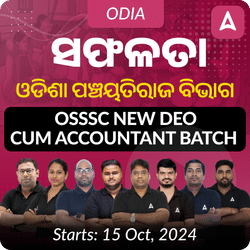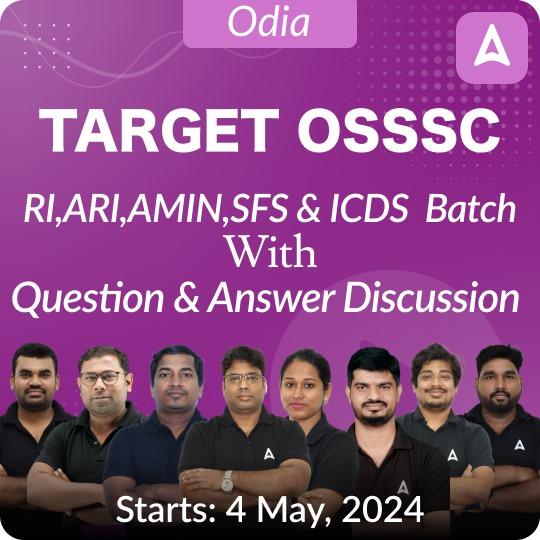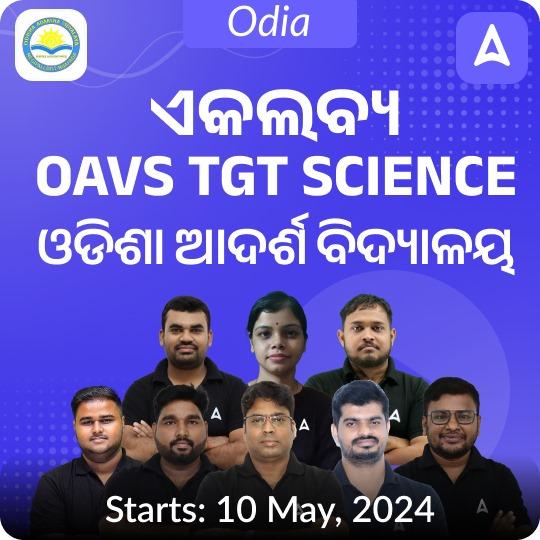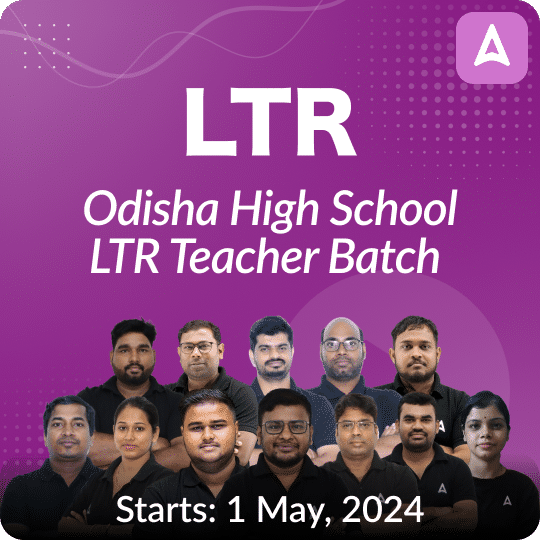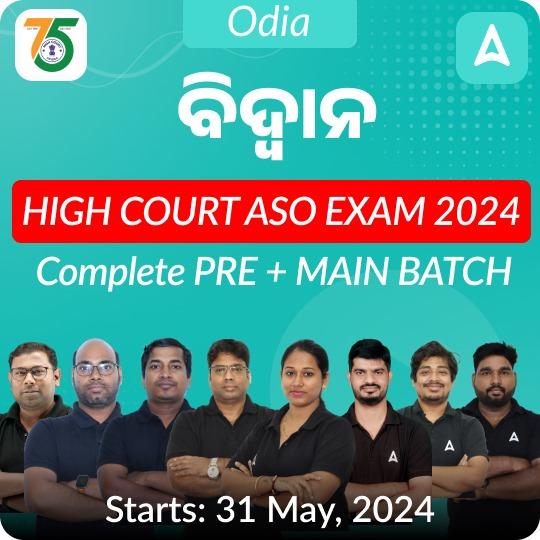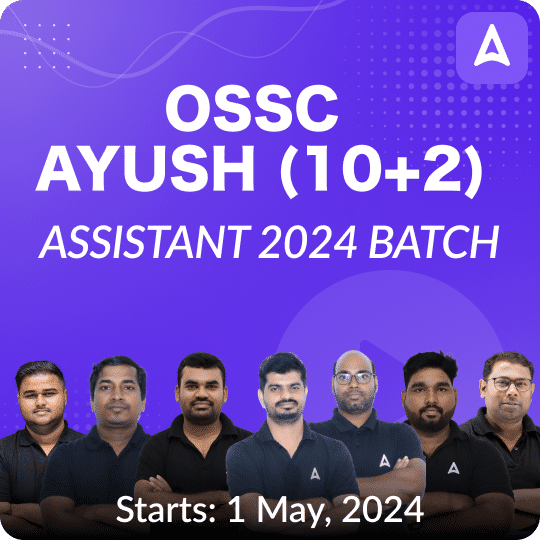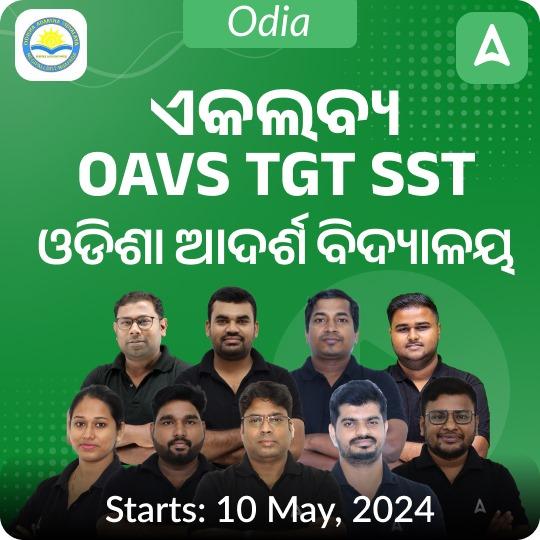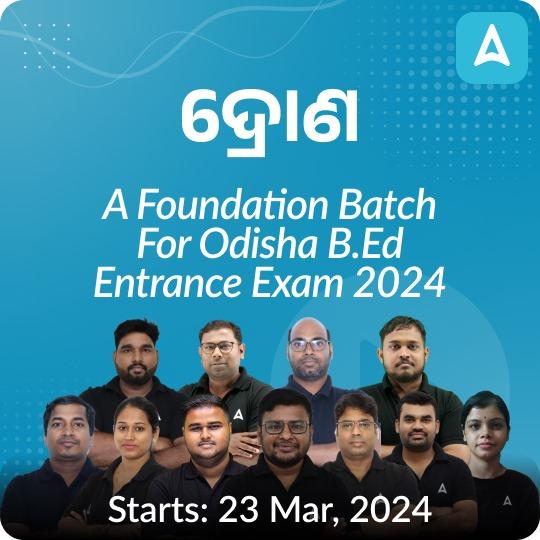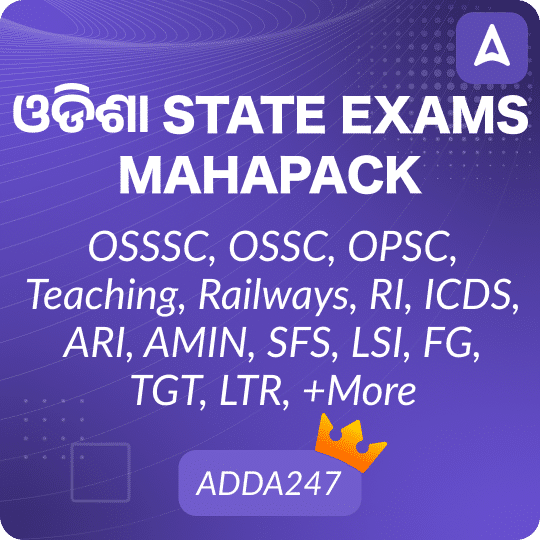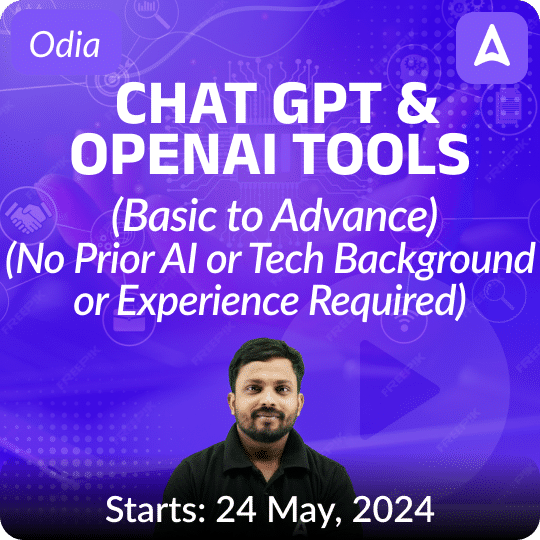English grammar plays a crucial role in all competitive exams, assessing a candidate’s proficiency in sentence structure, vocabulary, and comprehension. In this section, we focus on 30 multiple-choice questions (MCQs) covering various grammar topics like sentence correction, active and passive voice, subject-verb agreement, tenses, and parts of speech, essential for success in competitive exams.
Top 30 English MCQs For Odisha Police Junior Clerk 02 November 2024
1. Which of the following sentences uses the correct article?
(a) She has an unique perspective on the topic.
(b) She has a unique perspective on the topic.
(c) She has the unique perspective on the topic.
(d) She has unique perspective on the topic.
Ans: (b) She has a unique perspective on the topic.
Sol: “Unique” starts with a vowel sound but takes “a” instead of “an” because it sounds like a consonant (the “yoo” sound).
2. Choose the correct sentence:
(a) Each of the students have completed their assignments.
(b) Each of the students has completed their assignments.
(c) Each of the students has completed his or her assignment.
(d) Each of the students have completed his or her assignment.
Ans: (c) Each of the students has completed his or her assignment.
Sol: “Each” is singular, so it takes a singular verb (“has”) and singular pronouns (“his or her”).
3. Which sentence correctly uses the past perfect tense?
(a) She had went to the store before it rained.
(b) She went to the store before it had rained.
(c) She had gone to the store before it rained.
(d) She goes to the store before it had rained.
Ans: (c) She had gone to the store before it rained.
Sol: “Had gone” is the correct past perfect form of “go,” indicating an action completed before another past action.
4. Identify the sentence with the correct subject-verb agreement:
(a) The list of items are on the table.
(b) The list of items is on the table.
(c) The list of items were on the table.
(d) The list of items have been on the table.
Ans: (b) The list of items is on the table.
Sol: “List” is the subject, which is singular, so it takes the singular verb “is.”
5. Choose the correct form of the verb in this sentence: “Neither the manager nor the employees _____ responsible.”
(a) is
(b) are
(c) was
(d) were
Ans: (b) are
Sol: When subjects are connected by “neither… nor” and the second subject is plural, the verb should be plural.
6. Which sentence correctly uses a conditional form?
(a) If I will go there, I would see her.
(b) If I had gone there, I would have seen her.
(c) If I go there, I would have seen her.
(d) If I go there, I had seen her.
Ans: (b) If I had gone there, I would have seen her.
Sol: This is a third conditional sentence (imagining a different past outcome) and requires the structure “If + past perfect, would have + past participle.”
7. Choose the sentence with the correct pronoun usage:
(a) The team members completed their task by hisself.
(b) The team members completed their task by himself.
(c) The team members completed their task by themselves.
(d) The team members completed their task by itself.
Ans: (c) The team members completed their task by themselves.
Sol: “The team members” is plural, so the correct reflexive pronoun is “themselves.”
8. Which sentence is in the passive voice?
(a) They are building a new library in the city center.
(b) A new library is being built in the city center.
(c) They have built a new library in the city center.
(d) The city center has a new library.
Ans: (b) A new library is being built in the city center.
Sol: In passive voice, the focus is on the action done to the subject, so “A new library” is the subject receiving the action.
9. Select the correct sentence:
(a) I am looking forward to meet you.
(b) I am looking forward to meeting you.
(c) I am looking forward meeting you.
(d) I look forward meet you.
Ans: (b) I am looking forward to meeting you.
Sol: “Look forward to” is followed by the gerund form (meeting), not the infinitive (meet).
10. Which of the following is an example of an indirect question?
(a) Where is she going?
(b) I wonder where is she going?
(c) I wonder where she is going.
(d) Where she is going?
Ans: (c) I wonder where she is going.
Sol: An indirect question keeps the statement order, not the question order.
11. Choose the correct use of “who” or “whom”:
(a) Whom is going to the store?
(b) Who are you waiting for?
(c) Who did you see at the event?
(d) Whom wants to go to the party?
Ans: (b) Who are you waiting for?
Sol: “Who” is correct when referring to the subject, and “whom” is used for the object of the verb or preposition. “You” are the subject, “who” is the object of the preposition “for.”
12. Which sentence uses the correct comparative form?
(a) She is more cleverer than her brother.
(b) She is cleverer than her brother.
(c) She is more clever than her brother.
(d) She is clever than her brother.
Ans: (b) She is cleverer than her brother.
Sol: “Cleverer” is the correct comparative form of “clever,” and “more clever” is unnecessary.
13. Identify the correct sentence structure:
(a) Hardly she had left when it started raining.
(b) She had hardly left when it started raining.
(c) She hardly had left when it started raining.
(d) Hardly had she left when it started raining.
Ans: (d) Hardly had she left when it started raining.
Sol: Inversion is used with “hardly,” so the structure is “Hardly had [subject] [verb].”
14. Which sentence has the correct use of “fewer” or “less”?
(a) She bought fewer sugar than I did.
(b) She bought less sugar than I did.
(c) She bought less candies than I did.
(d) She bought fewer sugar cubes than I did.
Ans: (b) She bought less sugar than I did.
Sol: “Less” is used for uncountable nouns like “sugar,” while “fewer” is used for countable items.
15. Choose the correct sentence with proper parallel structure:
(a) She likes hiking, to swim, and biking.
(b) She likes hiking, swimming, and biking.
(c) She likes hiking, swimming, and to bike.
(d) She likes to hike, swimming, and biking.
Ans: (b) She likes hiking, swimming, and biking.
Sol: Parallel structure requires all items in a list to be in the same form (all gerunds here).
16. Choose the correct synonym for the word “abundant”:
(a) Scarce
(b) Plentiful
(c) Limited
(d) Rare
Ans: (b) Plentiful
Sol: “Abundant” means having more than enough of something, so “plentiful” is the correct synonym.
17. Choose the antonym of the word “benevolent”:
(a) Kind
(b) Cruel
(c) Generous
(d) Thoughtful
Ans: (b) Cruel
Sol: “Benevolent” means kind and well-meaning; “cruel” is its opposite.
18. Identify the sentence with correct subject-verb agreement:
(a) Each of the members are invited to the meeting.
(b) Every student and teacher are present.
(c) The captain, along with his team, is ready for the match.
(d) Neither of the options suit my preference.
Ans: (c) The captain, along with his team, is ready for the match.
Sol: When the phrase “along with” is used, the verb agrees with the main subject (“captain”), which is singular.
19. Choose the correct synonym for the word “meticulous”:
(a) Careless
(b) Thoughtless
(c) Diligent
(d) Rushed
Ans: (c) Diligent
Sol: “Meticulous” means showing great attention to detail, which is similar in meaning to “diligent.”
20. Which sentence uses the correct form of “who” or “whom”?
(a) Whom is coming to the party?
(b) Who should I give the book to?
(c) Who are you talking to?
(d) Whom did you say called?
Ans: (c) Who are you talking to?
Sol: “Who” is correct here as the subject of the clause “are you talking to.”
21. Choose the antonym for the word “optimistic”:
(a) Hopeful
(b) Realistic
(c) Pessimistic
(d) Encouraging
Ans: (c) Pessimistic
Sol: “Optimistic” means having a positive outlook, while “pessimistic” means expecting negative outcomes.
22. Which sentence is correct?
(a) I would of helped if I knew earlier.
(b) I would have helped if I had known earlier.
(c) I would have helped if I know earlier.
(d) I would of helped if I know earlier.
Ans: (b) I would have helped if I had known earlier.
Sol: “Would have” is correct, and past perfect “had known” fits the conditional structure.
23. Choose the correct synonym for “transparent”:
(a) Obscure
(b) Clear
(c) Hidden
(d) Complex
Ans: (b) Clear
Sol: “Transparent” means something that allows light to pass through, making it clear.
24. Which of the following sentences uses an adjective correctly?
(a) He is a real talented person.
(b) He is really talented person.
(c) He is a truly talented person.
(d) He is a very talented person.
Ans: (d) He is a very talented person.
Sol: “Very” is the correct intensifier for “talented,” an adjective.
25. Choose the correct antonym for “expensive”:
(a) Costly
(b) Cheap
(c) Pricey
(d) Costlier
Ans: (b) Cheap
Sol: “Expensive” means high in cost, so “cheap” is its opposite.
26. Identify the correctly punctuated sentence:
(a) Its a beautiful day, isn’t it?
(b) It’s a beautiful day isn’t it?
(c) Its a beautiful day isn’t it?
(d) It’s a beautiful day, isn’t it?
Ans: (d) It’s a beautiful day, isn’t it?
Sol: “It’s” is the contraction for “it is,” and a comma separates the tag question.
27. Choose the correct sentence:
(a) They decided to meet up at three PM.
(b) They decided to meet up at 3 PM.
(c) They decided to meet up at three p.m.
(d) They decided to meet up at three P.M.
Ans: (b) They decided to meet up at 3 PM.
Sol: The correct format for indicating time is to use numerals (3) and uppercase “PM.”
28. Choose the correct synonym for the word “elaborate”:
(a) Simple
(b) Complicated
(c) Easy
(d) Brief
Ans: (b) Complicated
Sol: “Elaborate” means involving many details, similar to “complicated.”
29. Which of the following sentences uses the passive voice?
(a) The chef prepared the meal quickly.
(b) The meal was prepared quickly by the chef.
(c) The chef quickly prepared the meal.
(d) Quickly, the chef prepared the meal.
Ans: (b) The meal was prepared quickly by the chef.
Sol: In passive voice, the object (“the meal”) is emphasized as receiving the action.
30. Choose the antonym of “mandatory”:
(a) Compulsory
(b) Optional
(c) Necessary
(d) Obligatory
Ans: (b) Optional
Sol: “Mandatory” means required by rule, while “optional” indicates choice or lack of obligation.

